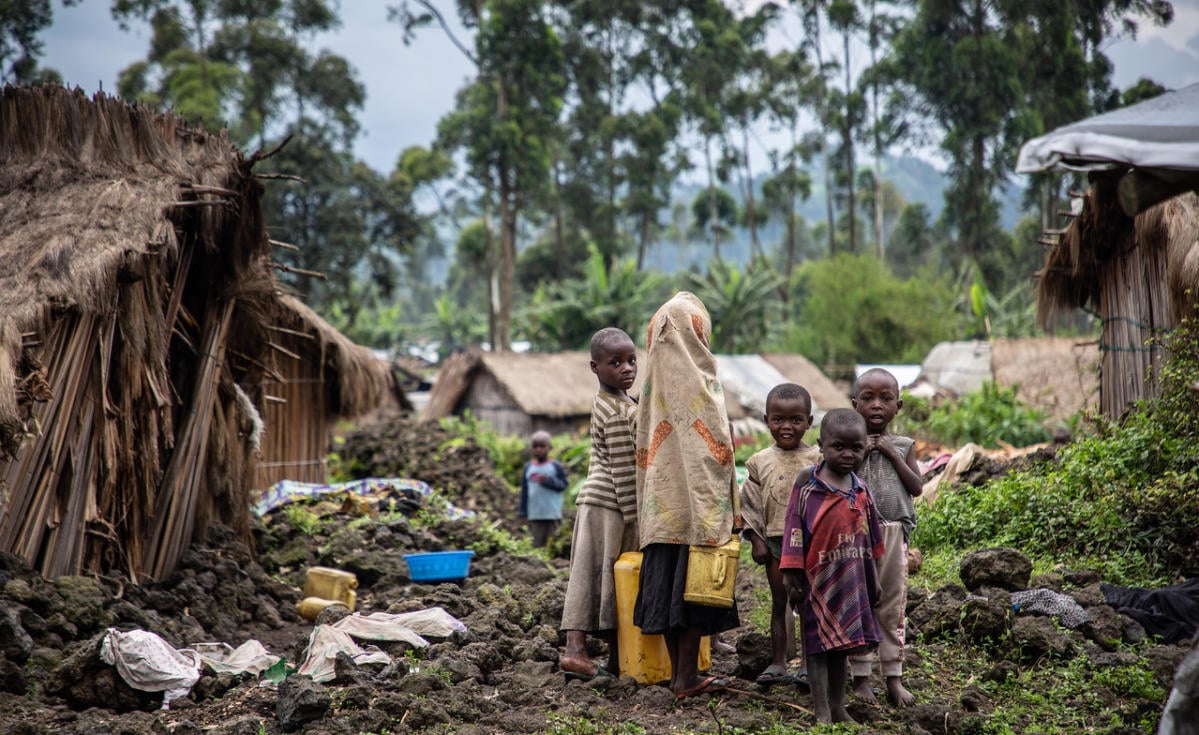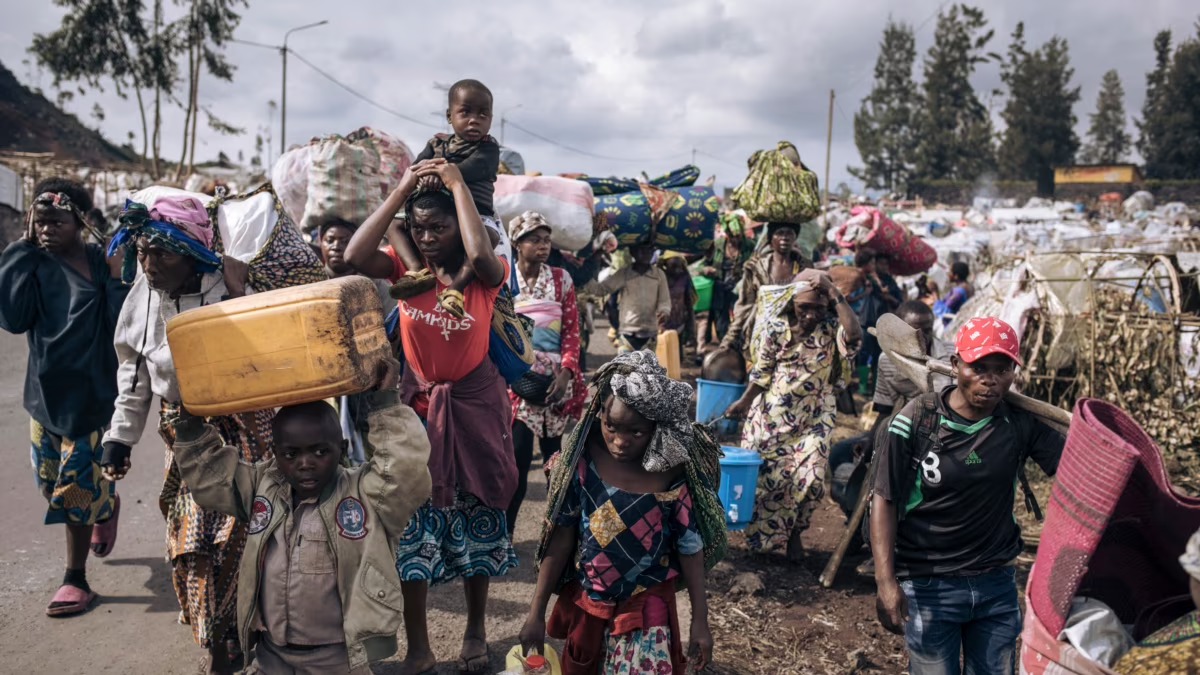The M23 rebel group launched a new onslaught in October, forcing Buregeya and his family to flee their home for the third time in 15 years. As a result, he could not attend school for an entire year. Buregeya left the town of Kibumba with his family. He had been waiting to finish school until he was 22.
Thomas Tumusifu Buregeya wishes he was concentrating on his last-chance exams at school. Instead, a wave of rebel violence upended his life once more, and now he makes ends meet by working odd jobs at a camp for internally displaced people in the eastern Democratic Republic of Congo.

"When from this camp I see ... finalists like me, it makes my heart ache, I wonder when I will finish my studies, the years are going by," he said.
According to a late March estimate by the United Nations Children's Agency (UNICEF), he is one of the 750,000 young Congolese whose education is now being delayed by instability in the eastern provinces of North Kivu and Ituri.
Did you read this?
Buregeya spends his time playing cards with school friends who were also displaced from Kibumba in the small camp in Goma. According to UNICEF, since January 2022, violent conflict has forced 2,100 schools in eastern Congo to close.
The harm can be irreparable. According to a report by the UN in 2011 on global education and armed conflict, children and young people without access to education may lose the chance to acquire the skills required to escape poverty and overcome the dire economic challenges that contribute to conflict in places like the mineral-rich eastern Congo. Buregeya is concerned that his time is running out.
The democratic republic of Congo has been in conflict for decades, with the northern part of the kivu region being the most volatile.









